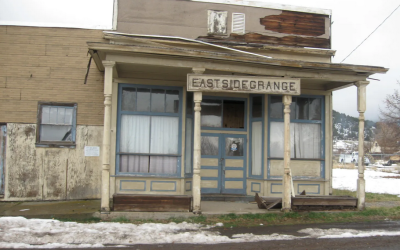As Canadian cities are plagued by ever-higher home prices, governments look for ways to provide affordable housing for their citizens. They should look to their own ill-advised “urban containment” policies.
Urban containment severely restricts or bans development in urban fringe areas. Consistent with basic economics, this increases land values and house prices. The hope that higher housing densities will offset the land-price increases and keep housing affordable has not been borne out in practice. Cities with such policies like Vancouver and Toronto have seen house prices double or triple compared with household incomes. Speculators prosper while the middle class suffers.
High housing costs mean that families have less to spend on other goods and services, leading to lower standards of living and discouraging job creation. Urban containment policy appears to be irreconcilable with housing affordability. Proper prioritization requires that the higher-order values of a better standard of living and less poverty take precedence over failed land use theories.



